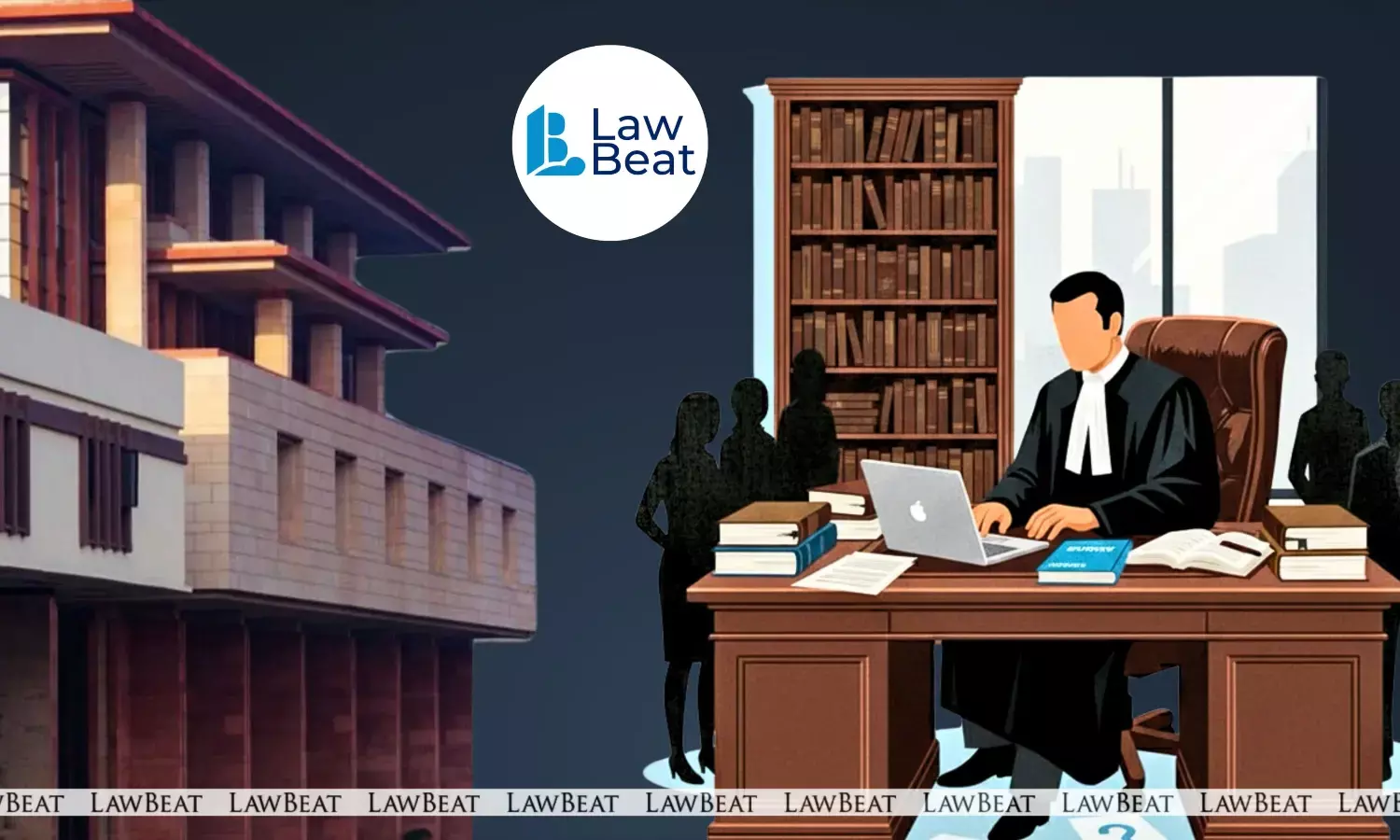Delhi High Court Rules Lawyer’s Office Not a Commercial Activity, Quashes NDMC Complaint

Advocate’s Basement Office Not Commercial Use: Delhi HC Quashes Criminal Proceedings
The Delhi High Court has held that the office of a lawyer cannot be classified as a “commercial activity” and quashed criminal proceedings initiated by the North Delhi Municipal Corporation (NDMC) against advocate B.K. Sood for allegedly misusing a basement in a residential building as a commercial establishment.
Justice Neena Bansal Krishna, deciding the petition on October 8, 2025, observed that professional legal services “cannot be equated with business or trading activities,” adding that “a lawyer’s office does not amount to a commercial establishment.”
The court further ruled that running a professional office within the permissible limit under the Master Development Plan (MDP), 2001 and the Delhi Building Bye Laws, 1983 does not constitute misuse of property.
The case arose from a complaint filed by the NDMC under Sections 252 and 369(1) of the NDMC Act, 1994, alleging that Sood had changed the use of the basement of his premises at Golf Apartments, Sujan Singh Park, New Delhi, without permission from the Chairperson, NDMC. The corporation claimed that the basement, sanctioned only for storage, had been converted into a lawyer’s office.
The petitioner, represented by Senior Advocate A.S. Chandhiok, argued that legal services are distinct from commercial activity, being based on professional skill and academic qualification rather than capital investment or profit motive.
It was contended that the complaint was filed mechanically and without application of mind, and that the use of the premises was in compliance with the building regulations.
The Court examined the provisions of Section 252 of the NDMC Act, which prohibits changing the use of a building without written permission, and referred to judicial precedents clarifying that professional offices cannot be treated as commercial ventures. Relying on M.P. Electricity Board v. Narayan (2005) 7 SCC 283, V. Sasidharan v. Peter & Karunakar (AIR 1984 SC 1700), and Sakharam Kherdekar v. City of Nagpur Corporation (AIR 1964 Bom 200), the Court noted that “the legal profession involves no trading, buying, or selling, and cannot be compared to commerce or business.”
Court emphasized that “the relationship between a lawyer and client is fiduciary, not commercial,” and observed that professional offices have been explicitly recognized as permissible uses under Clause 10 of the MDP, 2001, which allows up to 25% or 50 square meters of a residential property for professional activity.
The Delhi Building Bye-Laws, 1983, also permit the use of basements for office purposes provided they are air-conditioned and satisfy ventilation and height requirements.
After reviewing the inspection report relied on by NDMC, the Court noted that it did not contain any findings regarding height, ventilation, or lack of air-conditioning in the premises. It concluded that “there is nothing to show that the office did not meet the prescribed conditions” and that “there was no misuse of the premises by the petitioner, who had been running his office in terms of MDP, 2001 read with the Delhi Building Bye-Laws, 1983.”
Observing that the criminal proceedings, pending for over two decades, were “an abuse of process of law” and that continuing them would “serve no interest of justice,” the Court invoked the principles laid down in State of Haryana v. Bhajan Lal (AIR 1992 SC 604) to exercise its inherent powers under Section 482 CrPC.
The complaint and all consequential proceedings were accordingly quashed.
The decision reaffirms that professional offices, including those of advocates, are not commercial establishments and cannot attract penal action for alleged “misuse” where the activity remains within legally sanctioned limits.
Case Title: B.K. Sood v. North Delhi Municipal Corporation
Bench: Justice Neena Bansal Krishna
Judgment Date: October 8, 2025
